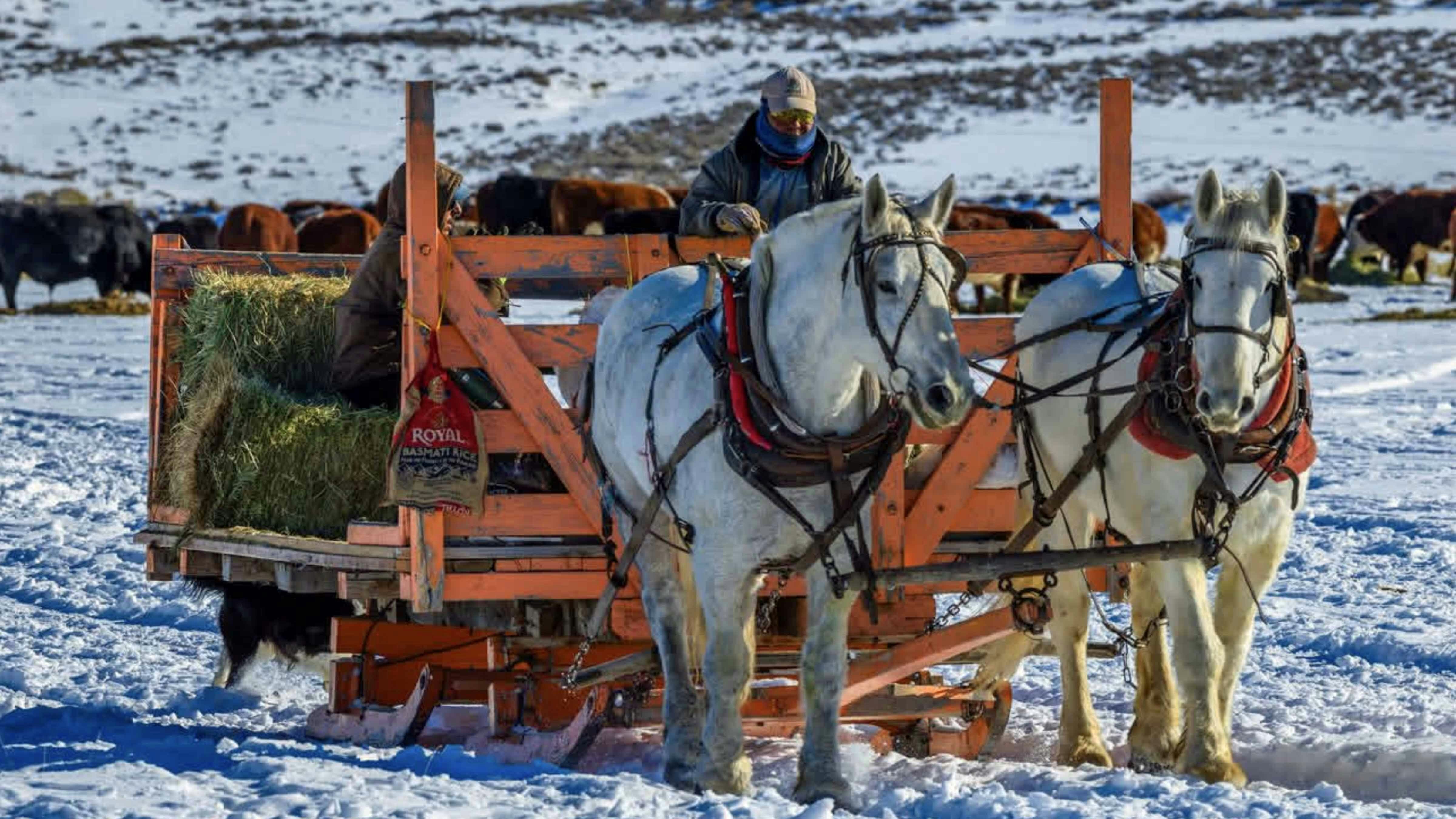Anyone who sees a biplane flying low over Powell is likely witnessing the ongoing work of an exceptional career. Charles Orville Moore just turned 80, but he’s still one of the best and most experienced crop sprayers in Wyoming, if not the United States.
“Some people think I’m pretty good,” he told Cowboy State Daily. “I’ve been doing it long enough that I don't have to worry about the flying part.”
Moore has been the go-to pilot for spraying crops in Powell since he moved there in 2004. He’s finishing up the 48th year of his career and intends to keep going.
“I want to get at least two more seasons, which would give me 50 years,” he said. “If my body holds up, which I’m hoping it will, I don't see any reason to quit.”
Those who do it usually prefer to be call crop sprayers rather than “crop dusters,” but are usually too polite to say anything about it.
Airborne
With Orville as a middle name, Moore might have been predestined to be a pilot. He’s had a lifelong fascination with flying.
“One day, when I was about 6 years old, I looked up at the sky before I started school,” he said. “I looked up and said, ‘Mama, someday I'm going to be a pilot.’ That's been my life ambition, and when I got to the point where I could do it, I did it.”
Moore has been a licensed pilot and an airframe and powerplant mechanic since 1970 and has been flying professionally since 1975. He started spraying in 1976, and it has been his career ever since.
In 2004, Moore moved to Powell to become the airport manager at Powell Municipal Airport. He’s since left that position but has kept spraying.
Moore flies a red Grumman G-164 Ag Cat over Powell for 15 years. He finds the enterprise as enjoyable as ever, including the complexity of mixing the right chemicals and the professionalism required to meet customers’ many different needs.
“I guess it’s the adrenaline rush that keeps me going,” he said. “That’s the type of flying that, if you weren't crop dusting, they'd arrest you for doing it.”
Spraying Secrets
Every season, Moore sprays insecticide, fungicide and fertilizer on the various crops growing around Powell. Each crop requires different treatments at different times, so Moore makes multiple flights to ensure he gets the job done.
“We seem to stay pretty busy,” he said. “We start the season off spraying alfalfa weevil from about the fourth week in May through June. When we get to July, we have a little lull, and then we go into fertilizing beans and spraying fungicide.”
There’s a reason Moore is sought after for his skills. In addition to being an experienced sprayer, he’s extremely disciplined about his work.
“When I come into a field, I fly all the way around it and check for dangerous spots,” he said. “Power lines, trees, houses, livestock, bees, that type of stuff. Even if I already sprayed that field that year, I do that for every field. That's part of what keeps me safe.”
While he enjoys the thrill of flying, he knows why he’s in the sky and the importance of what he’s doing.
“To be a good crop duster, the flying has to be secondary,” he said. “You have to be a sprayer. You have to know how to mix the chemicals, the percentages and the amount of each chemical to put in these loads. When you're out there, the flying has to be instinctive because what you're doing is laying chemicals out and trying to get it so there's no skips and no heavy spots.”
Moore has the instincts of a flying sprayer, so he focuses on keeping himself safe and getting the field thoroughly and evenly sprayed. It’s the professionalism that only comes with experience.
“I don't have to worry about the flying,” he said.
Onward And Upward
Moore wants to reach his 50th year as a sprayer, and the farmers of Powell will seek him out as long as he’s willing to be in the pilot’s seat. But he “can see the end of (his) career” and hopes to find the right person to succeed him.
“The first thing we have to do is get them to where they can fly and then get them where they can spray,” he said. “It’s a process. I've had several people willing to step into my shoes, but they don't know how to fly. You start loading to learn the chemicals and how to mix them, and then, hopefully, you can work on getting into the pilot seat.”
Moore’s mentee will also need strong “public relations” skills. Communication and customer service don’t help crops grow, but Moore believes they’re essential to maintaining and growing his business.
“There's a lot of customer service,” he said. “You can't fight with your customers. You’ve got to deal with your customers and take care of what they need. The people that don't go through the chemical company come directly to me. I’m ‘the expert,’ so I need to be knowledgeable enough that I can steer them correctly and get them the right chemical for what they’re wanting to do.”
In the meantime, there are plenty of crops to spray, and Moore’s still in the pilot’s seat getting it done. After 48 years, spraying is still as exhilarating as ever.
“I'm hoping I can train somebody to take my place, but I’ll keep doing it for as long as I can," he said. "It's still fun, I still really like doing it, and I'm providing a necessary service for our farmers."
Andrew Rossi can be reached at arossi@cowboystatedaily.com.












